MARKET OVERVIEW
The global biopharmaceuticals market and industry is an emerging sector of the health care field that specializes in the production of new drugs and treatment procedures. This market, based on manufacturing and distributing drugs obtained from living organisms, includes monoclonal antibodies, recombinant proteins, and vaccines. Unlike classical pharmaceuticals, which are produced through chemical processes, biopharmaceuticals come from a living organism, thus making them much more specific and effective for the treatment of complex diseases.
The rapid advancement in biotechnology will lead to tremendous change in the near future of the industry. New therapeutic solutions would be discovered with intensification of research and development that could treat conditions currently considered untreatable. There is scope in the market in multiple therapeutic areas, including oncology, immunology, neurology, and infectious diseases. The demand for precision medicine and targeted therapies will further change the industry, driving companies toward innovative formulations and delivery systems of drugs. This industry is uniquely defined as being reliant on the most advanced biotechnological processes.
Cell culture technology, genetic engineering, and protein-based drug design will continue their march toward highly efficacious treatment production. Biosimilars-the biologically similar versions of the existing biologic drugs-will play a very important role in the future to extend accessibility and affordability across various regions. The regulatory landscape will remain stringent in this sector as agencies around the world continue to prioritize patient safety and product efficacy. Approval processes and compliance requirements will remain strict, allowing only the most effective therapies to enter the market.
The industry works at a global level, with leading manufacturers headquartered in North America, Europe, and Asia-Pacific. Manufacturing facilities will be built where low cost production and an adequate skill workforce provide an excellent foundation for developing biopharmaceuticals at optimal efficiency. Strategic partnerships and alliances will set the competitive profile of the landscape and drive knowledge and technological evolution within an ecosystem of shared innovations.
The other factor defining the course of the industry is the embedding of artificial intelligence and data analytics. It will redefine drug discovery. It's all going to move much more quickly about identifying candidates for clinical trials. Predictive analytics will improve treatment regimens more accurately, providing treatments based on an individual patient's profile. This implies faster cycles of drug development, reducing time-to-market and effective resource allocation.
Supply chain optimization will be kept in view, mainly because of the intricacy of the biologic drug manufacturing process, which demands highly optimized logistics. Cold chain management, quality control, and distribution networks should continually be perfected so that biopharmaceutical products remain stable and effective. Growth will therefore be seen emerging from new markets as government investments in health infrastructure and other regulatory frameworks mature to accommodate new biologic therapy approaches.
These advancements will redefine paradigms for treatment, shifting the focus onto gene and cell therapies. Some of the most innovative technologies emerging in this segment promise to heal rare and genetic disorders, causing the industry to shift toward ultra-specialized solutions that are completely patient-centric. The discovery of breakthrough treatments between academia, research institutions, and biopharmaceutical companies shall propel healthcare towards better outcomes all over the globe.
The global biopharmaceuticals market will be further driven in the future by breakthroughs in scientific research, further regulatory advancements, and a commitment toward the unmet medical needs of patients. Modern medicine will only be reshaped as technology and industry stakeholders look to work more closely together toward bringing new therapies to patients who redefine patient care.
Global biopharmaceuticals market is estimated to reach $ 1,239,146.2 Million by 2032; growing at a CAGR of 13.8% from 2025 to 2032.
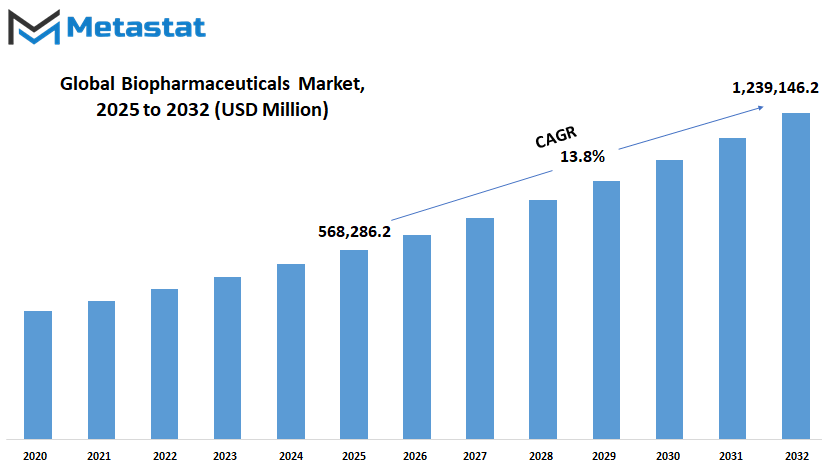
GROWTH FACTORS
The global biopharmaceuticals market will accelerate its further growth with the assistance of advanced medical research, technology, and biotechnology. Biopharmaceuticals are a group of products that include vaccines, monoclonal antibodies, and gene therapies. This industry found its importance in the area of chronic diseases as well as some rare genetic disorders; therefore, due to the ever-increasing need for personalized medicine, companies have started drifting towards innovative solutions for patient care and their treatment.
The increased incidence of cancer, diabetes, and other autoimmune diseases is generating a large push for this market. In the context of an aging world population, demand for better targeted therapies will continue to increase. Traditional pharmaceuticals are associated with side effects and limitations; however, biopharmaceuticals are tailored to work with the body's natural processes, ensuring better outcomes. Further, genetic studies and biotechnology research will be useful in developing more accurate treatments with fewer instances of trial-and-error prescriptions.
Artificial intelligence and machine learning also play a role in growth; these will accelerate discoveries of new drugs, thus making it faster and cheaper on research. Where years may take to test on potential treatments, companies will soon be able to analyze vast biological data in mere fractions of this time. This is not only speeding up the approval process but also making drugs cheaper and accessible to patients across the globe.
Besides, governments and private organizations are investing more in biotechnology research. Funds for biopharmaceutical startups and large-scale manufacturing facilities keep soaring so that the new treatments can be continuously provided. The regulatory agencies are trying to get drugs on the market faster while not compromising safety.
Thus, life-saving medicines are to reach the market at a faster pace. Discoveries will also be the outcome of collaboration between pharmaceutical companies, research institutions, and tech firms. A second factor that will drive the global biopharmaceuticals market is the progression of drug delivery systems in very sophisticated manners.
Improvement in the mechanism of drug administrations to become more patient-friendly while being effective forms part of current research. Long-acting injectables and wearables for drug deliveries, in addition to targeted nanoparticle therapies, enhance patient adherence while controlling side effects. These would be some major advancements in complex disease treatment where the right amount at the right time would be delivered to the patient.
The global biopharmaceuticals market would surely employ more sustainable and cost-effective modes of production. Biotechnology helps scientists produce bio-based alternatives for traditionally used chemicals in the drug manufacturing process. This will help reduce the negative impact on the environment while ensuring that production becomes scalable enough to meet global demands. As the research continues, the global biopharmaceuticals market will continue to shape the future of health care.
MARKET SEGMENTATION
By Type
The global biopharmaceuticals market will expand much more dynamically in the near future due to scientific research, rising demand for new treatments, and technological innovation in drug development. With the advancement of precision medicine and personalized therapy, this industry is shifting how complicated diseases are treated, and as the level of research advances, so does the discovery in the field for newer breakthroughs that change how illnesses are approached and handled.
The development of biopharmaceuticals has acquired immense importance and popularity as a result of their ability to target diseases with less side effects. Among them, monoclonal antibodies have revolutionized the treatment of cancer and other autoimmune diseases. They are created to specifically bind to pathogenic cells to eliminate them and hence have proven more accurate in treating than other pharmaceutical drugs. Soon, more advanced techniques in genetic engineering will be employed to create monoclonal antibodies that are more specific and finely targeted. The effectiveness of treatments will thus improve.
Likewise, recombinant growth factors have revolutionized the face of regenerative medicine. They aid in the regeneration of cells, growth, and repair of tissue. It has been found particularly useful in healing wounds, fractured bones, and neurological disorders. These therapies will become more relevant in the future since they can increase healing processes and raise the rates of recovery among patients. Scientists are also busy with the formulation of purified proteins and recombinant proteins in the treatment of rare diseases and metabolic disorders.
Life-saving drugs become accessible as a result of this formulation. Recombinant hormones, for example, remain applied in diabetes and hormone imbalances cases. With an enlarged diabetic population of the world, there is this growing need for more advanced formulation of insulins. In addition, greater drug delivery by hormone formulations-enhanced both short and implantable-reinforce compliance in a clinical treatment protocol in patients.
The significance of vaccines has never been clearer, and only now, after the health crises that have grasped the world, has it become even more paramount. Biopharma is working on the next generation of vaccines with more prolonged immunity and faster adaptation to newly emerging viruses. The foundation for mRNA-based vaccines could create targeted or rapidly producible vaccines to handle future pandemics and infectious diseases.
The use of synthetic immunomodulators is another area that promises much in the regulation of the immune system. These compounds will help enhance or suppress immune responses to the benefit of patients suffering from autoimmune diseases or those undergoing organ transplants. As research continues, it will become easier to customize immunomodulators for each patient, and health outcomes will improve.
The global biopharmaceuticals market will continue to evolve through ongoing research, innovation, and advanced technologies that will continually drive new discoveries. Precision medicine, gene-based therapies, and sustainable manufacturing process will alter the way treatments are developed and delivered. With an increasingly personal approach to healthcare, biopharmaceuticals will represent the future of medicine.
By Application
The global biopharmaceuticals market is expected to experience significant development within the next years as science reveals new breakthroughs, increases healthcare demands, and continues to propel technological innovation. As progress is made in medicine, biopharmaceuticals are now integral to disease treatments, particularly when more targeted and effective therapies are available.
These biologically derived drugs have already revolutionized the treatment of diseases ranging from cancer to autoimmune diseases and metabolic disorders. They will grow more powerful as time passes by. The growth in this market is mainly propelled by the increasing prevalence of chronic and life-threatening diseases.
Cancer treatment, for instance, now offers new hope through immunotherapies and monoclonal antibodies. Future therapies will be more diversified as research deepens, targeting the specific genetic makeup of an individual. Similarly, inflammatory and infectious diseases remain a major concern in the world, and biopharmaceutical innovations will play a great role in developing vaccines and treatments to respond quickly to emerging threats.
Autoimmune diseases such as rheumatoid arthritis and multiple sclerosis benefit from this kind of innovation in the drug production process because their biologic counterparts provide improved control of diseases as well as more quality of life. The field of metabolic and hormonal diseases also benefits as people with diabetes, for instance, and those that suffer from deficiency in growth benefit from a whole new replacement generation of traditional medicines. In effect, there would be lesser adverse effects of medicines and, ultimately, improved success rates.
Cardiovascular diseases will continue to pose a leading threat to death at the global scale, and new biopharmaceutical research seeks to address it. Future drug treatments will target gene therapies, biologic-based drugs, possibly repairing damage that occurs at cellular levels, or even reducing further invasive procedures on the patient's body. Another area where biopharmaceuticals will have significant impact will be neurological diseases such as Alzheimer's and Parkinson's. For most of these diseases, the current treatments are merely symptomatic and just manage the symptoms.
Still, the future gives promise that such therapies might slow or even reverse the disease. Gene therapy and biologics advances can open doors for groundbreaking treatments that turn back the tide of patients suffering from these diseases. Therefore, the global biopharmaceuticals market will still be evolving by the advancement in drug development and manufacturing and innovative delivery. Innovations in new therapies will arise from AI and machine learning as well as advances in biomanufacturing efficiency and cost-cutting. A promising future lies ahead for medicine, bringing relief to millions around the world.
|
Forecast Period |
2025-2032 |
|
Market Size in 2025 |
$568,286.2 million |
|
Market Size by 2032 |
$1,239,146.2 Million |
|
Growth Rate from 2024 to 2031 |
13.8% |
|
Base Year |
2024 |
|
Regions Covered |
North America, Europe, Asia-Pacific Green, South America, Middle East & Africa |
REGIONAL ANALYSIS
The global biopharmaceuticals market will rise dramatically in the coming years, given the advancements in biotechnology, growing demand for targeted therapies, and an aging population. The industry, in itself, is evolving as companies invest in research and development efforts in order to develop innovative treatments that can face complex diseases. With more biologics being approved, biopharmaceuticals are now a significant component of modern health care, as they provide better and more customized treatments. Regionally, North America is still at the top, given its strong pharmaceutical infrastructure, presence of leading industry players, and high health care expenditure.
The United States is leading in biopharmaceutical innovation, with substantial investments in biotechnology startups and large pharmaceutical firms expanding their biologics portfolios. Advanced research facilities and friendly policies of regulation add to the expansion of the region. The new therapies have given rise to increased demand for biosimilars, providing an affordable alternative that is equally therapeutically effective.
The biopharmaceutical industry is also booming in Europe. Germany, France, and the United Kingdom are heavily investing in the region. Government initiatives to expedite drug approval procedures and to stimulate innovation also promote this region's growing market. The regions of Europe emphasize sustainable manufacturing and improvement of bioprocessing technologies as key drivers in shaping the industry. Chronic diseases such as cancer and autoimmune disorders are on the rise and thus spur demand for novel biologics.
The global biopharmaceuticals market in the Asia-Pacific region is growing rapidly, supported by strong government support, increasing healthcare investments, and a growing patient population. Countries such as China, Japan, and India are making rapid strides in biotechnology, with local companies developing competitive biologics and biosimilars.
China is emerging as a key hub for biopharmaceutical production, with increased regulatory reforms aimed at streamlining drug approvals. Additionally, the region is benefiting from lower manufacturing costs and an expanding skilled workforce, making it an attractive destination for global companies seeking to establish production facilities. Latin America and Middle East & Africa regions are also growing gradually; however, the restriction in access to healthcare and regulatory barriers continue to inhibit the growth of the market.
However these will be the biggest pick-me-ups as collaborations between international organizations and health-care improvement grow. Looking forward, gene therapy, personalized medicine, and artificial intelligence drug discovery will redefine the global biopharmaceuticals market. The continued research will advance the boundaries; biopharmaceuticals will play an important role in making the future of medicine, hence generating better outcomes for patients all over the world.
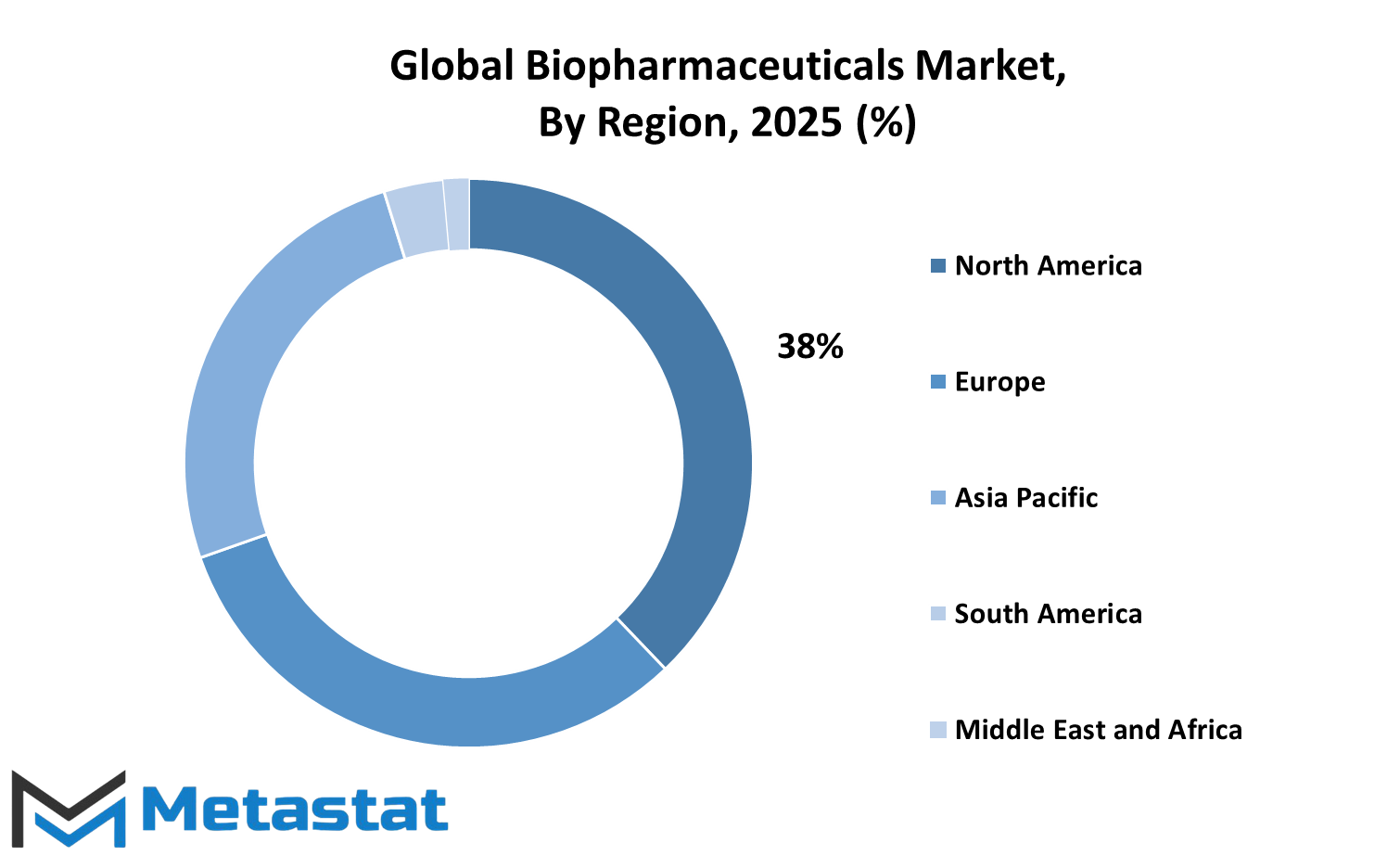
COMPETITIVE PLAYERS
The landscape of the global biopharmaceuticals market is defined by a dynamic interplay among key players striving for prominence. Among these contenders are industry giants such as Abbvie Inc, Amgen Inc., AstraZeneca PLC, and Biogen Inc.
In the foreseeable future, these competitive players will continue to shape the trajectory of the biopharmaceuticals market through their innovative strategies and advancements. As pioneers in the field, they are poised to drive significant developments in healthcare by bringing novel therapies to market and addressing unmet medical needs.
Abbvie Inc. stands out as a leading force in biopharmaceuticals, leveraging its expertise in research and development to introduce groundbreaking treatments across various therapeutic areas. With a commitment to advancing science and improving patient outcomes, Abbvie Inc. is positioned to play a pivotal role in shaping the future of medicine.
Similarly, Amgen Inc. is recognized for its contributions to biopharmaceutical innovation, focusing on the development of biologic therapies to tackle complex diseases. As a trailblazer in biotechnology, Amgen Inc. will continue to push the boundaries of scientific discovery, driving progress in the treatment of cancer, cardiovascular diseases, and other critical conditions.
AstraZeneca PLC, with its global reach and diverse portfolio, is poised to make significant strides in the biopharmaceuticals market. Through strategic partnerships and investments in research and development, AstraZeneca PLC will play a vital role in bringing transformative therapies to patients around the world.
Biogen Inc. is another key player in the biopharmaceuticals market, known for its innovative approach to addressing neurological disorders such as multiple sclerosis and Alzheimer's disease. With a focus on pioneering research and development, Biogen Inc. will continue to lead the way in advancing treatments for complex and challenging conditions.
In the competitive landscape of the global biopharmaceuticals market, these key players will vie for market share and strive to differentiate themselves through product innovation, strategic collaborations, and operational excellence. Their collective efforts will drive progress in healthcare, ushering in a future where cutting-edge therapies are accessible to patients worldwide.
The competitive dynamics of the global biopharmaceuticals market will be shaped by the strategic initiatives and advancements of key players such as Abbvie Inc, Amgen Inc., AstraZeneca PLC, and Biogen Inc. Through their relentless pursuit of innovation and commitment to improving patient outcomes, these industry leaders will continue to redefine the boundaries of medicine and drive positive change in healthcare.
Biopharmaceuticals Market Key Segments:
By Type
- Monoclonal Antibodies
- Recombinant Growth Factors
- Purified Proteins
- Recombinant Proteins
- Recombinant Hormone
- Vaccines
- Synthetic Immunomodulators
- Other
By Application
- Oncology
- Inflammatory and Infectious Diseases
- Autoimmune Disorders
- Metabolic Disorders
- Hormonal Disorders
- Cardiovascular Diseases
- Neurological Diseases
- Other
Key Global Biopharmaceuticals Industry Players
- Abbvie Inc
- Amgen Inc.
- AstraZeneca PLC
- Biogen Inc.
- Bristol-Myers Squibb Company
- Eli Lilly and Company
- F Hoffmann-La Roche AG
- GlaxoSmithKline PLC
- Merck & Co., Inc.
- Novartis AG
- Novo Nordisk A/S
- Pfizer Inc.
- Sanofi SA
- Takeda Pharmaceutical Company Limited
- Abbott
WHAT REPORT PROVIDES
- Full in-depth analysis of the parent Industry
- Important changes in market and its dynamics
- Segmentation details of the market
- Former, on-going, and projected market analysis in terms of volume and value
- Assessment of niche industry developments
- Market share analysis
- Key strategies of major players
- Emerging segments and regional growth potential



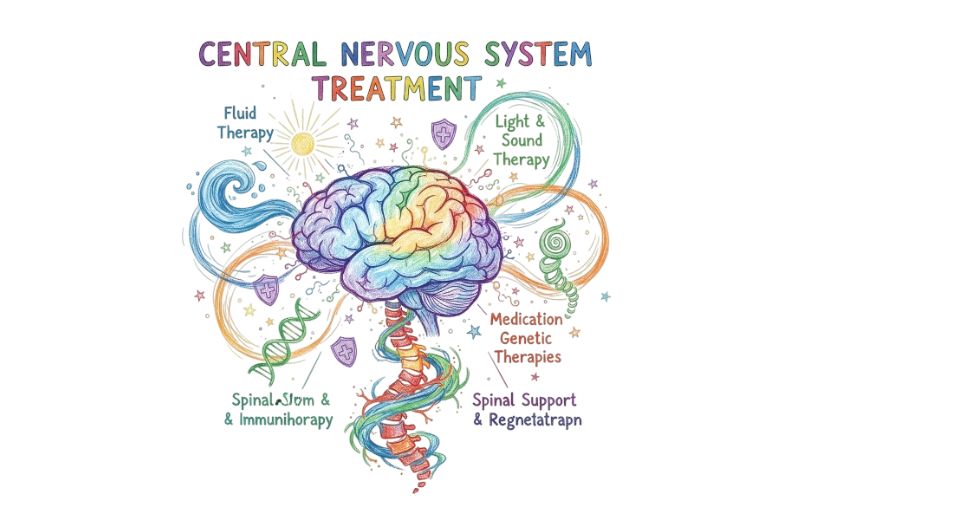
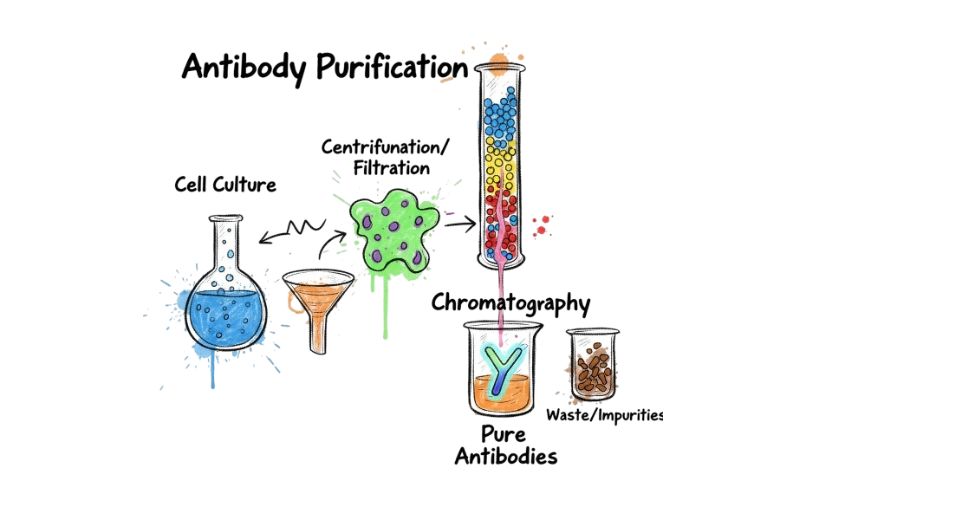
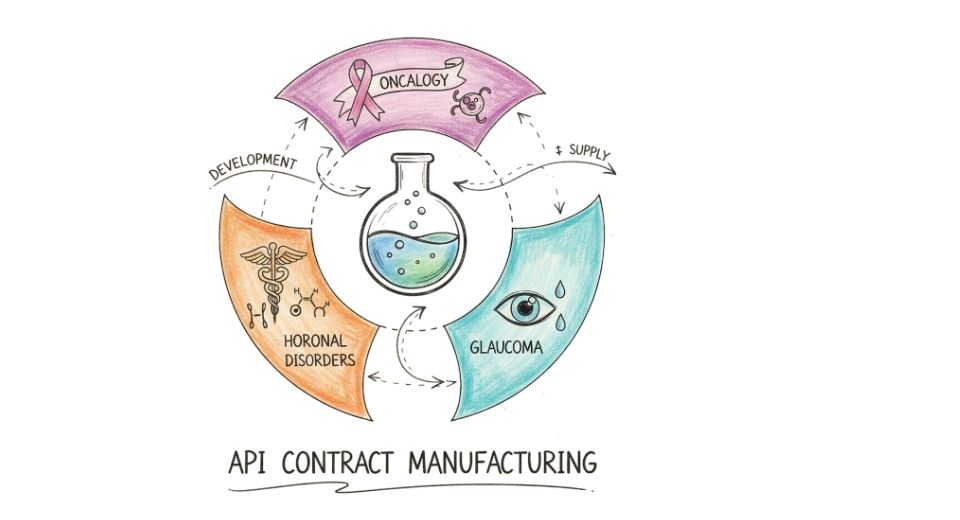
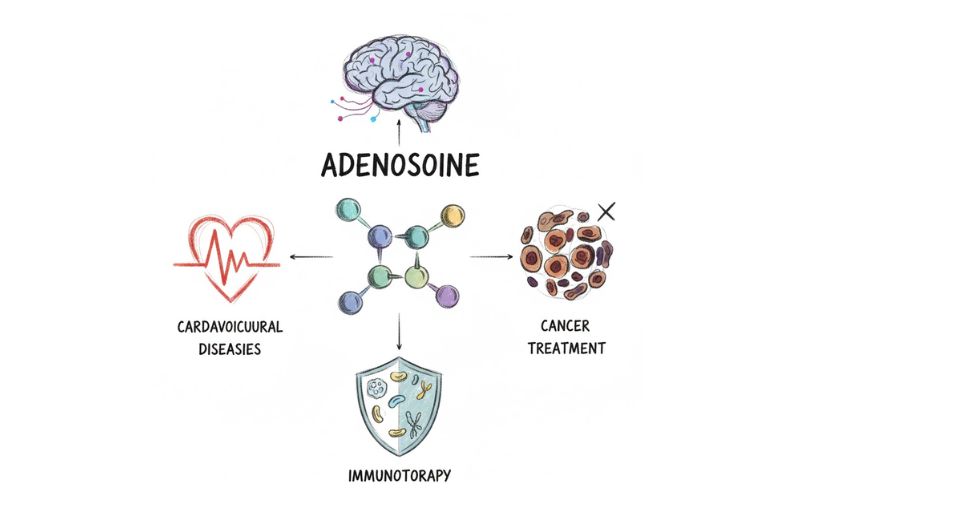

 US: +1 3023308252
US: +1 3023308252






